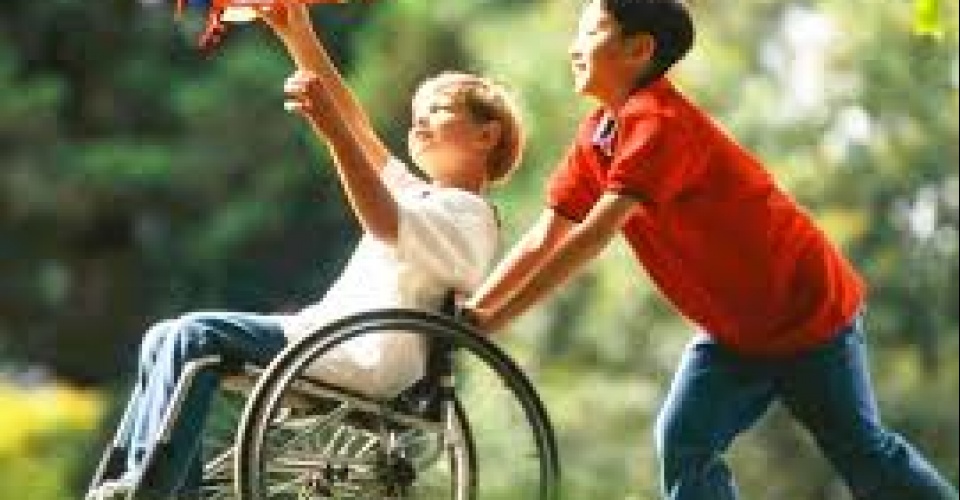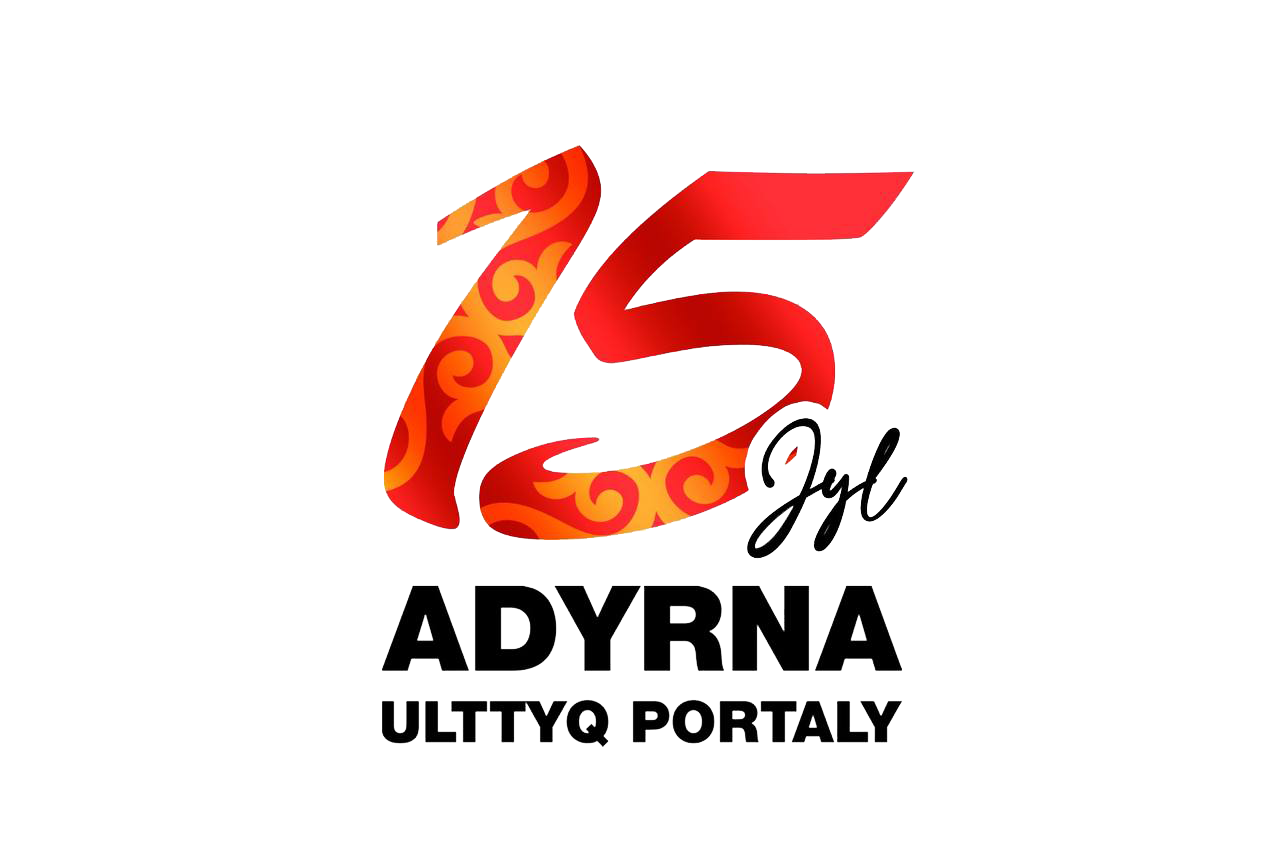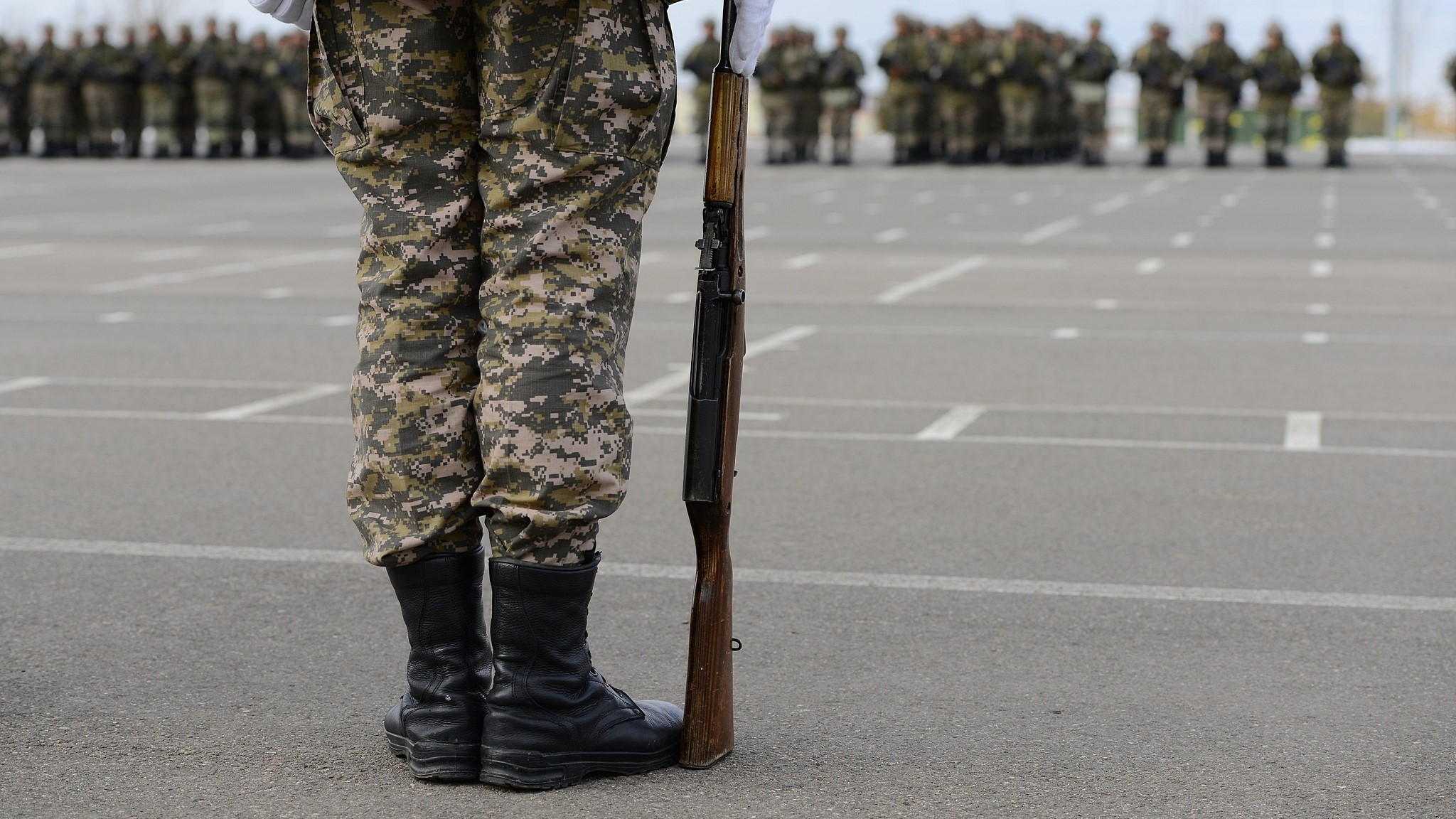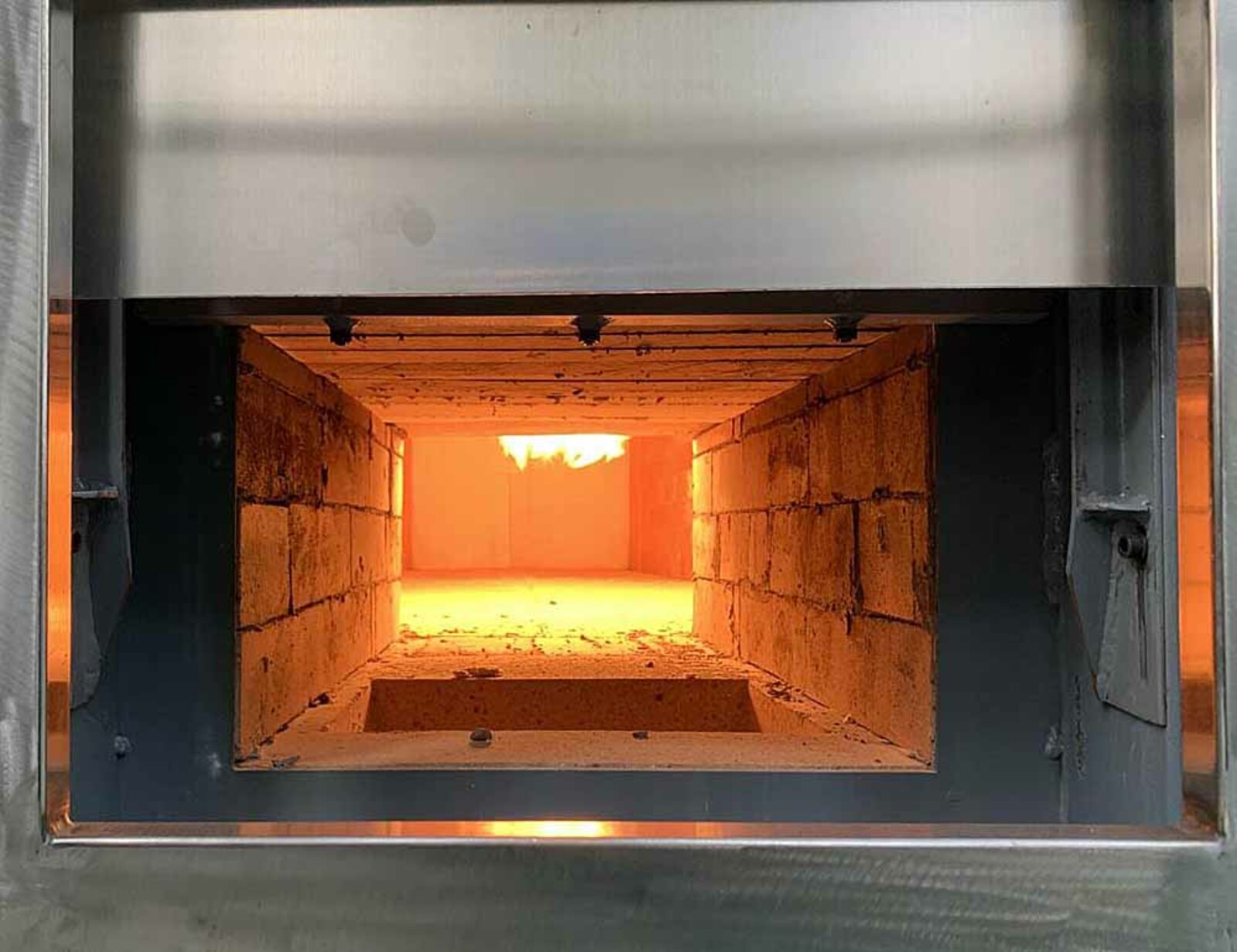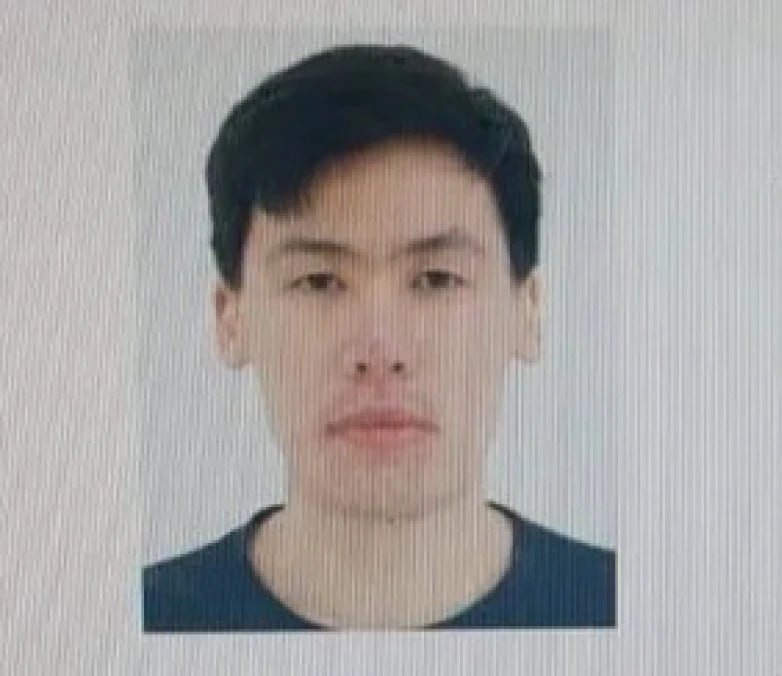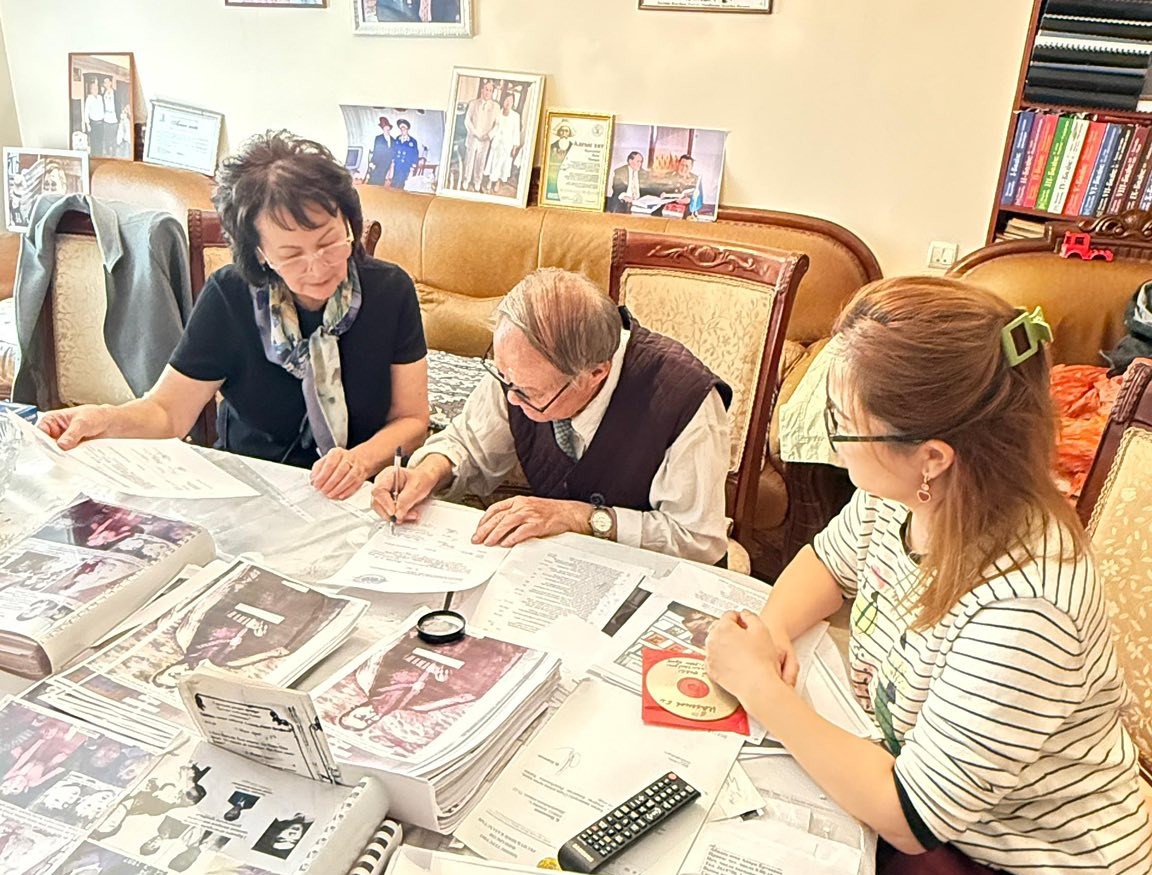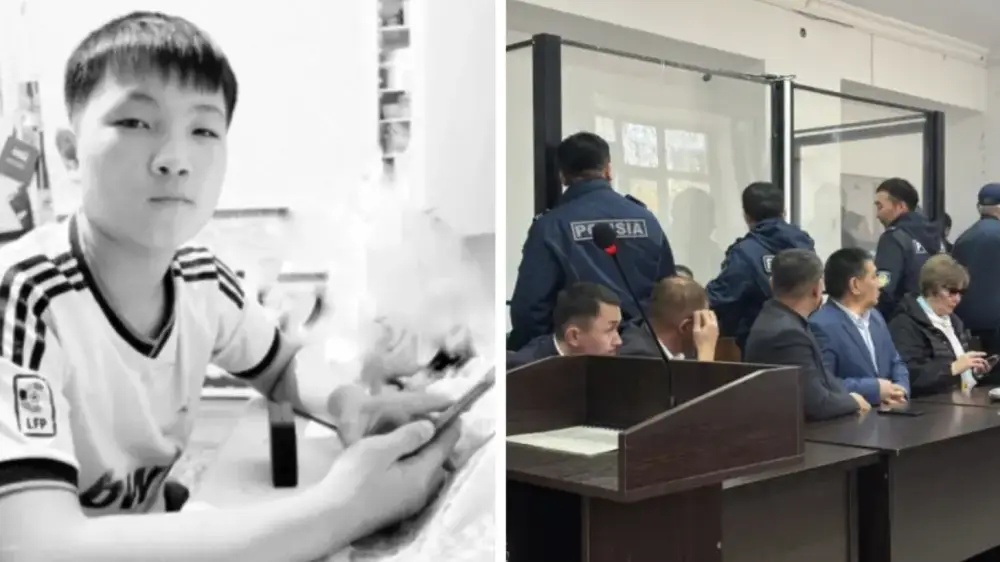Environmental factors play an important role in primary developmental disabilities in the development of a child with disabilities. The effectiveness of rehabilitation depends on the attitude of professionals and ordinary members of society to the equal rights of children with disabilities as well as able-bodied and healthy children. Recently, the issue of tolerance has been widely publicized in the mass media, at the national and international levels. It is tolerance that today should become the most powerful regulator of people's life, directing the state structure, social structures, and personal behavior and strategies of existence on the path of humanization and socio-cultural balance. In the "Declaration of Principles of Tolerance" adopted by the UN in 1995, it is emphasized that one of the effective ways to reach agreement is to educate a tolerant person. Article 1.1 defines tolerance as "respect, acceptance and understanding of the rich diversity of our world's cultures, forms of self-expression and ways of expressing human individuality". It is influenced by knowledge, openness, communication and freedom of thought, conscience, and belief. Tolerance is harmony in diversity..." Article 1.2 states that “Toleration is not concession, indulgence or indulgence. Tolerance is, first of all, an active attitude formed on the basis of recognition of universal human rights and fundamental freedoms. Under no circumstances can tolerance justify compromising these core values. Tolerance must be shown by individuals, groups and states.
Our country has a sufficiently developed network of special (remedial) educational institutions for the education of disabled children of various categories. The right to education of a child with disabilities can be realized by organizing education integrated with their normally developing peers. In this regard, one of the central tasks in the development of an educational institution for children with special needs is the formation of tolerance among teachers, specialists, and parents, one of the most urgent issues today.The process of forming a tolerant attitude of the participants of the educational process towards children with special needs is carried out, on the one hand, by the head of the educational organization, and on the other hand, by specialists and teachers.



